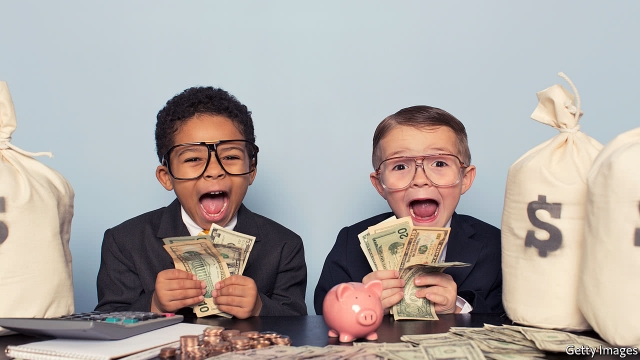All 55 of African countries are planning to form a free
trade area, to be called a Continental Free Trade Area (CFTA). This would allow
them to trade without charging tariffs (taxes) on imports of each other’s
goods.
Their deadline if the end of this year is ambitious
considering that they have only begun talking about this seriously two years
ago. But it looks like most if not all African leaders may be ready to sign the
deal by March next year, which will not be that late. But a total of at least
fifteen African countries must actually ratify the trade agreement in order for
it to go into effect.
African countries still tend to trade more with European
countries than with each other. More than 80% of African countries traded
exports go to countries located outside Africa. Most of these exports are not
manufacturing or services but agriculture products like crops, oil and precious
metals. This does not help Africa develop.
So finally these countries are trying to really band
together to trade with one another and raise the amount of this intra-Africa
trade. Currently around half of the trade that African countries do with one
another is in manufactured goods. Understandably, the idea is to increase the
share on trade in these goods. This is how countries can grow faster and better
and create more jobs. They get better prices for traded exports that are
manufactured than agriculture crops.
Another motive is to create a regional block of countries
that can then have more power in dealing with other regions or large economies
on trade negotiations. But it will be the non tariff barriers—like different
rules and standards across countries for certain goods such as food products--
that must be removed to really get trade going between these countries and grow
their economies. And African countries will miss the revenues that come from
collecting trade taxes. Somehow they will have to make up this gap in budget
revenue for fiscal policy spending.
https://www.economist.com/news/finance-and-economics/21732154-they-have-long-traded-world-now-they-want-trade-each
